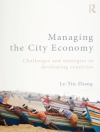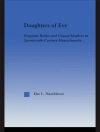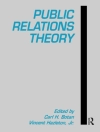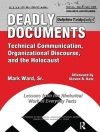A survival guide companion for students beginning their first online or hybrid class
Introduction to Online Learning introduces first-time distance learners to the realities of Web-based education and serves as the most comprehensive, practical guide to achieving success when facing online-specific barriers as well as common academic hurdles. Written by an experienced instructor, this invaluable aid shows students how to overcome challenges related to e-mail communication, t...
A survival guide companion for students beginning their first online or hybrid class
Introduction to Online Learning introduces first-time distance learners to the realities of Web-based education and serves as the most comprehensive, practical guide to achieving success when facing online-specific barriers as well as common academic hurdles. Written by an experienced instructor, this invaluable aid shows students how to overcome challenges related to e-mail communication, technological catastrophes, staying organized on a daily basis, and more. Students learn to take advantage of the unique resources available for those enrolled in internet-based programs and to make the most of their Web-based educational experience by tailoring it to their personal strengths, needs, and learning styles.
Key Features
- The author provides clear explanations of how to tailor research, writing, and citing sources to the online classroom, as well as when citations are necessary
- Concrete, original examples link the text to students′ personal experiences; illustrations vividly bring material to life
- Screenshots and excerpts from online syllabi help students navigate their first course requirements
- Examples of appropriate discussion board interaction aid students in progressing in their course with confidence
- Self-assessments guide students in determining individual learning styles and levels of preparedness
The open-access student study site includes first-person testimonials and advice from online students and instructors, links to relevant Web sites and resources, and self-quizzes.
Intended Audience
This groundbreaking supplement is a must-have for any student enrolled in an online course or degree program, or for students enrolled in hybrid courses including a mix of online and classroom learning.












